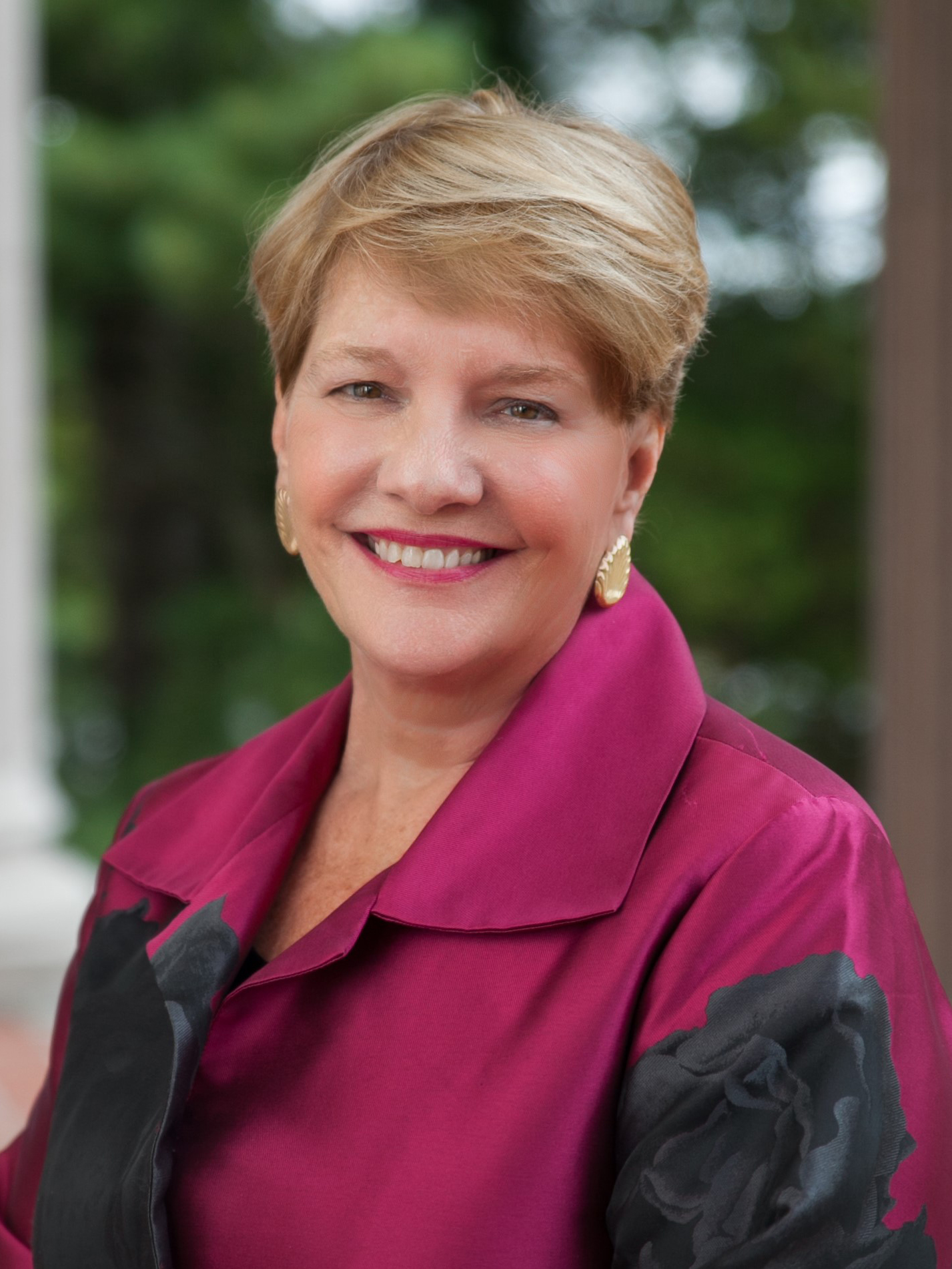
According to the admirers of Antoinette (Toni) Hays, PhD’90, the secret recipe to her success is that she has a blend of patience with enough impatience to get things done. Whether it’s strengthening Regis College’s bottom line and academic excellence during an era of upheaval in higher education, earning a doctorate while working and raising children, or innovating nursing education in Haiti, Hays approaches her life’s work by focusing on forward movement and making sure she gets a seat at the table.
The American Nurses Association (ANA) recognized Hays’ contributions to nursing with a Living Legends in Massachusetts Nursing Award this past spring. In her acceptance speech, Hays recognized her collaborators in Regis’ nursing-education programs as well as ANA’s invaluable advocacy in helping nurses break through the glass ceiling to now “serve as hospital CEOs, leaders of major corporations and presidents of universities.” Hays says she was honored and overwhelmed by the support of all of the people that night, representing 40 years of collective work.
With nursing degrees from Boston College and Boston University, Hays sought a doctorate from Heller to apply an interdisciplinary approach to policy related to geriatrics and the field of gerontology. President of Regis College in Weston, Massachusetts, since 2011, Hays was initially a member of the faculty, and then the founding dean of the Richard and Sheila Young School of Nursing at Regis in the two decades before she commenced her presidency.
Throughout her career, Hays has utilized the framework of the nursing process for assessment, problem identification, plan development, implementation and evaluation in the world of higher education leadership on a daily basis. In addition, says Hays, “my education at Heller, including a deeper understanding of economic, political and sociological theories, coupled with skills in statistics and research methods, has given me a distinct advantage.”
Her career is distinguished by her commitment to underserved populations, be it the elderly or the impoverished people of Haiti, using her expertise to address policies and infrastructures that can improve lives. One of the initiatives that Hays is proudest of is the Regis Haiti Project, which she launched 10 years ago with Partners in Health to increase credentials of nursing faculty. “When I saw the shortage of nursing clinicians and educators in Haiti, which has the highest rate of infant mortality in the Western Hemisphere, I knew Regis had a role to play,” she says.
Throughout her career, Hays has found a way to create the multiplier effect of an investment in human capital — increasing the number of compassionate and well-qualified people providing health care. Fortunately for society, Hays has no plans to slow down anytime soon.
